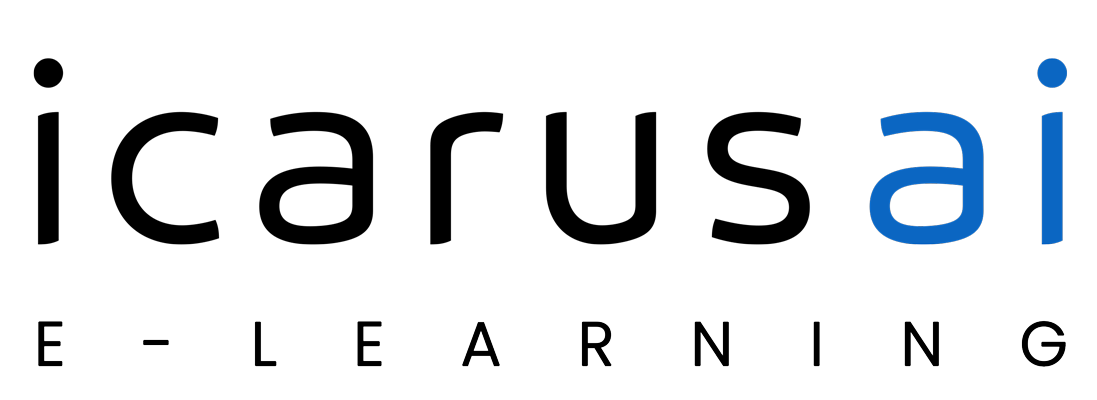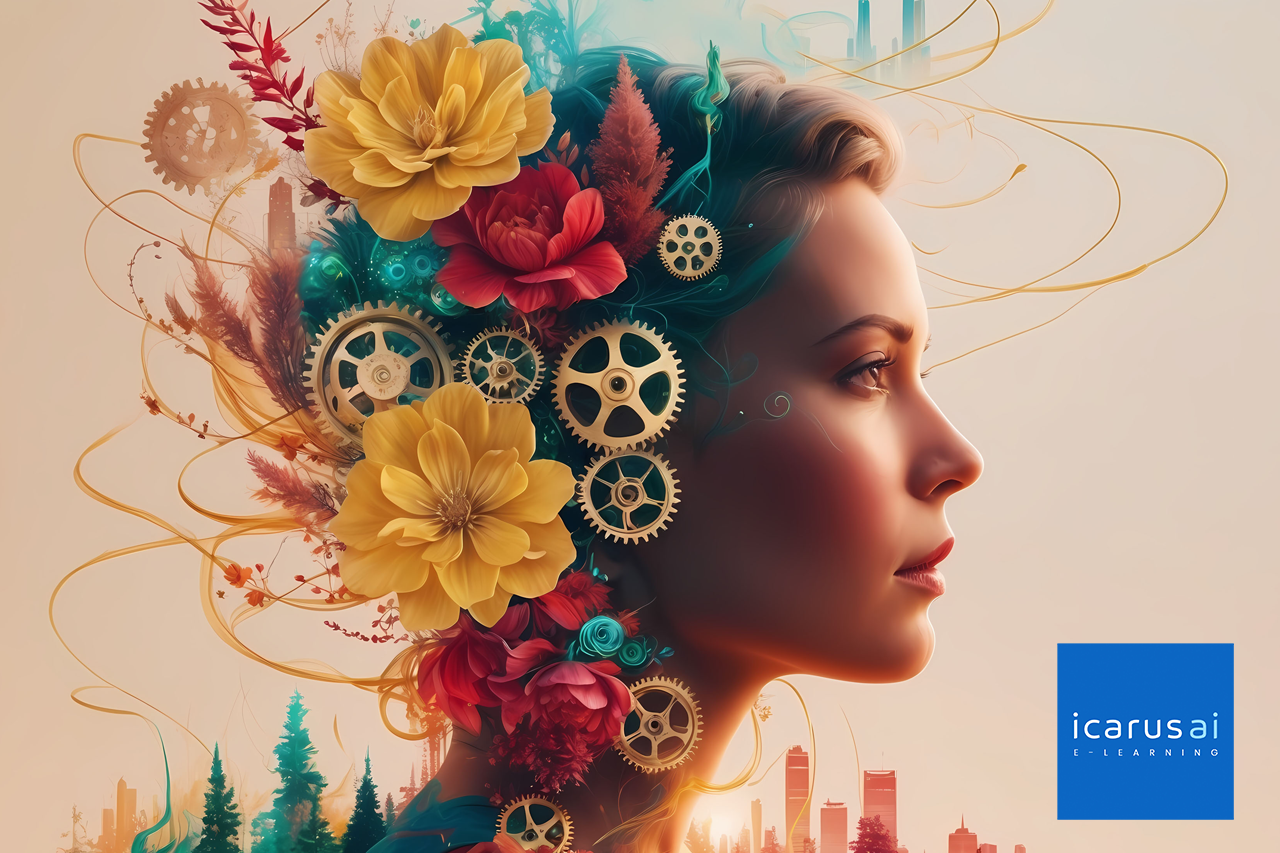The Illusion of the Static Mind
For centuries, “intelligence” has been defined by standardized tests, rote memorization, and the capacity to recall a finite set of facts. This narrow, static view suggests that intelligence is a fixed attribute—a high-water mark achieved, measured, and then labeled with a score. Our traditional, “one-size-fits-all” education systems were built on this premise, leading to catastrophic inefficiencies.
At ICARUS AI, we see the consequences of this illusion daily: an estimated 39% US college dropout rate, driven largely by disengagement when personalized cognitive needs are ignored. Education built for uniformity fundamentally fails the diversity of the human mind. The real measure of intelligence is not what you know, but your capacity to adapt.
The Real Definition: Capacity, Not Content
The most robust definition of intelligence is the capacity to solve novel problems and adapt effectively to new situations.
In an age dominated by vast digital information, the skill sets that truly matter are shifting away from information retrieval (a task AI now performs instantaneously) and toward uniquely human, higher-order capabilities:
- Critical Thinking & Digital Discernment: The ability to navigate the “Information Overload & Integrity Crisis” and distinguish truth from noise.
- Creativity & Synthesis: The power to connect disparate ideas to generate entirely new solutions.
- Ethical Reasoning: The judgment required to deploy powerful tools—like AI—responsibly.
Our challenge in education is to transition from measuring content retention to cultivating capacity development.
The AI Transformation: Personalized Capacity Building
Artificial Intelligence is the disruptive force that finally allows education to match the dynamic nature of human intelligence. AI does not replace the teacher or the learner; it acts as the Adaptive Navigator, destroying the systemic barriers that prevent capacity from flourishing.
- Destruction of the “One-Size-Fails-All” Model: Our AI-Powered Learning Navigator replaces the standard linear curriculum with an adaptive, real-time pathway. It continuously assesses not just whether a learner got the answer right, but why they struggled, tailoring the content, pace, and presentation style to their unique cognitive profile. This targets the Inclusive Learning for All (70%) challenge directly.
- Eliminating the Language Tax: Intelligence is global, but access has been linguistic. Our AI-Powered Multilingual Translation capabilities eradicate the 55% barrier of language and cultural barriers, ensuring that the highest quality instruction is immediately available to every mind, regardless of their mother tongue.
- Elevating the Teacher’s Role: By automating tracking and rudimentary instruction (which accounts for the 75% Teacher Training & Support challenge), AI frees up educators to focus on their highest-value task: mentorship, fostering discussion, and facilitating the development of critical human skills that machines cannot replicate.
The Future Mandate: Intelligence as an Equitable Right
Education vs. Cognitive Performance (proxy) over the last 100 years for two cohorts: Top-10 GDP countries vs Bottom-10 GDP countries. The indices are normalized (0–1) and intended as illustrative to visualize trends and gaps.

The future economy—and the future of human society—depends on scalable, equitable intelligence. ICARUS AI is committed to ensuring that our technology serves as the infrastructure for this global cognitive shift, directly aligning with SDG 4: Quality Education and our commitment as a UN Global Compact participant.
Intelligence, in its true adaptive form, must be democratized. By leveraging AI to break down the physical, linguistic, and circumstantial barriers to learning, we are not just improving education; we are unlocking human potential at a global scale. The next 80 years of human progress will be defined by how effectively we equip every individual with the capacity to solve the world’s most complex, novel problems.
That is the true purpose of AI in education, and that is the mandate of intelligence itself.

